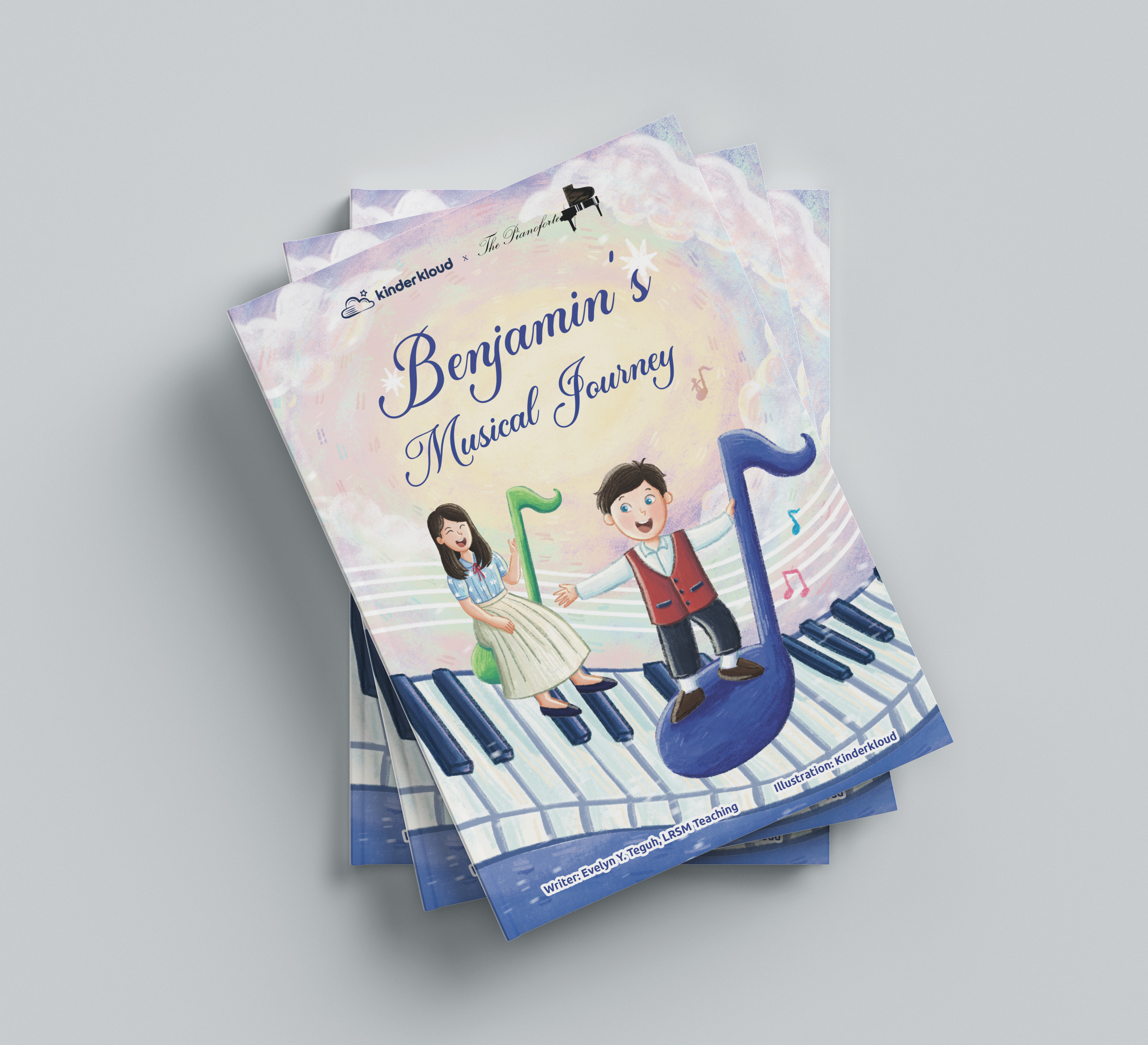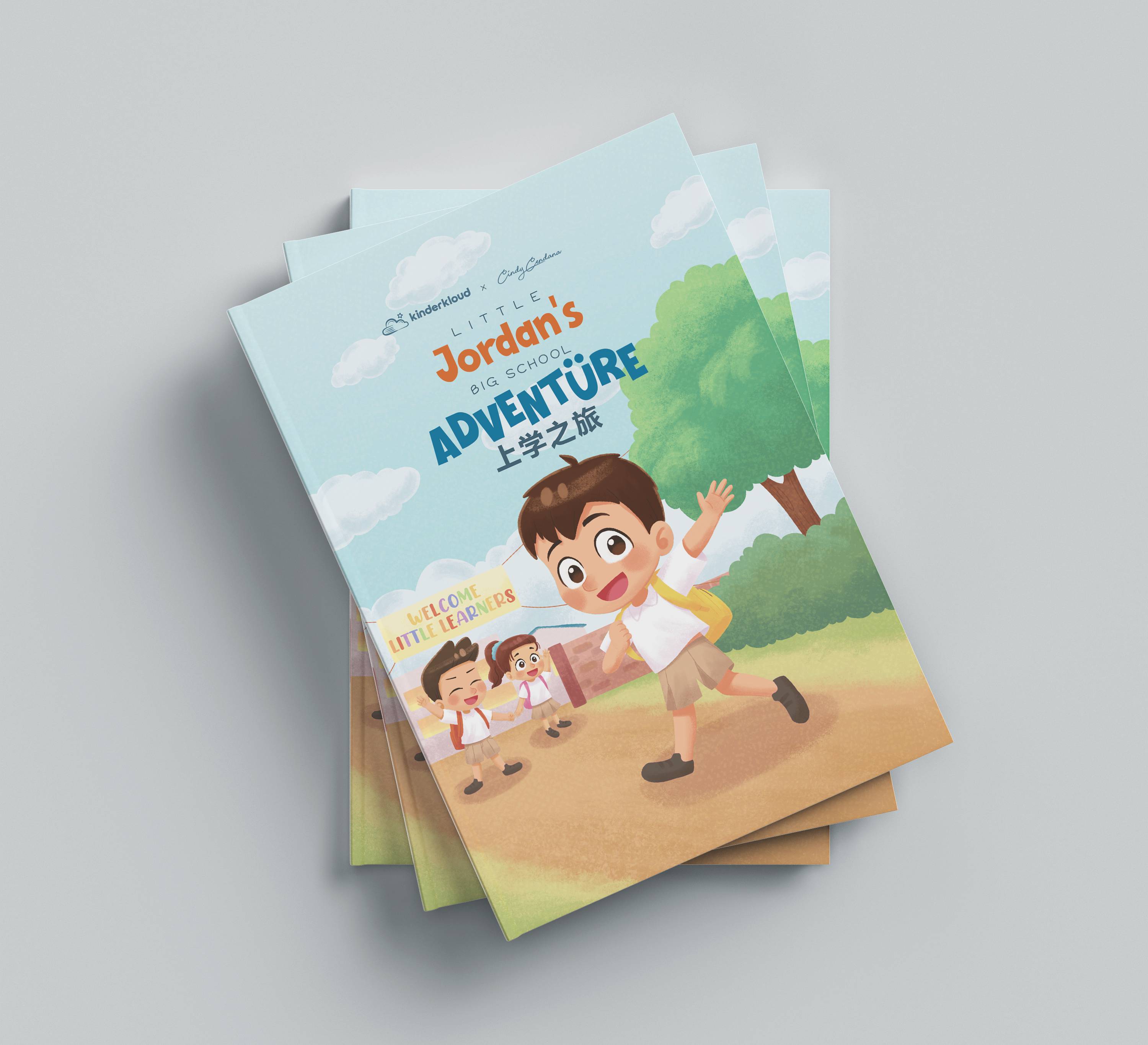How not to be emotional parents

In a parent's daily life, there may be incidents that might make the parent feel irritated or angry with the child. For example, when your little one has started to crawl at the age of 8-9 months, your little one may go places and start exploring to see things in the room. This is of course actually positive because when the baby is 8 months old and starting to crawl is the expected developmental stage, besides that when the little one explores into the environment this of course can enrich the little one's sensory experience which can make the little one be smarter.
However, on the other hand, when exploring, your little one often makes the house messy, maybe spills something, or explores a location that feels unsafe. Dealing with a child who is starting to become active is not always easy, especially if parents also have to do other work, it is very possible that sometimes there will be feelings of irritation and anger.
Feeling upset and angry, these emotions are not bad emotions. When we feel upset and angry, if we try to avoid these emotions by suppressing them or blaming ourselves, "as a mother I can't be angry", this will actually increase the intensity of our negative emotions and if we suppress them one day these emotions will explode and can not be controlled.
Then how can we not easily get angry at the little one?
Understanding the cognitive development of children
At the age of 0-2 years. The little one's brain has not been able to fully understand the instructions, the concept of safe danger, the concept of waiting, the concept of neatness etc. This period or according to Piaget is also called the sensorimotor exploration period. At this time your child will explore the environment, trying to feel various emotional sensations. So, even though it may seem like a mess at home, what your little one is actually doing is learning through their senses. Every new object is a source of new learning, every new environment and location is a source of new learning. Let's just say the more active the child explores, the smarter it is.
At times you start to feel angry and impatient. It's okay to take a break.
Phillipa Perry, author of The Book You Wish Your Parents Had Read (and Your Children Be Glad That You Did) psychiatrist, says that when you're feeling angry it's better to take a break than to continue. It is better for you and your child.
Use a spell to help you calm down
For example, you could say, "This is not a threat." This mantra will help you to be calmer in dealing with stressful situations.
Use humor
When you see your little one doing something beyond your expectations. You can respond by always trying to see the positive side of your child, for example when your child is angry and you want to comment, use a humorous tone to comment on your child.
Understand that it is not normal for us to always have positive emotions and always be positive towards your child.
Sometimes because of fatigue or other things, you scold, use a high tone or even yell at your child. This will inevitably happen. According to Philippa Perry, an important part of being in a relationship is trying to fix when you make a mistake. You need to explain why you are angry and apologize. Children don't need parents who never make mistakes, they need parents who are authentic and loving to them.
Written by: Kunthi Kumalasari Hardi from BehaviorPALS Center
Bibliography:
Martin, RE, & Ochsner, KN (2016). The Neuroscience of Emotion Regulation Development: Implications for Education. Current opinion in behavioral sciences, 10, 142–148. https://doi.org/10.1016/j.cobeha.2016.06.006
emotional, parenting
Baby 6 Months - 18 Months / Bayi 6 - 18 Bulan / Parenting / Pola Asuh / Family / Keluarga / How not to be emotional parents
Comments















